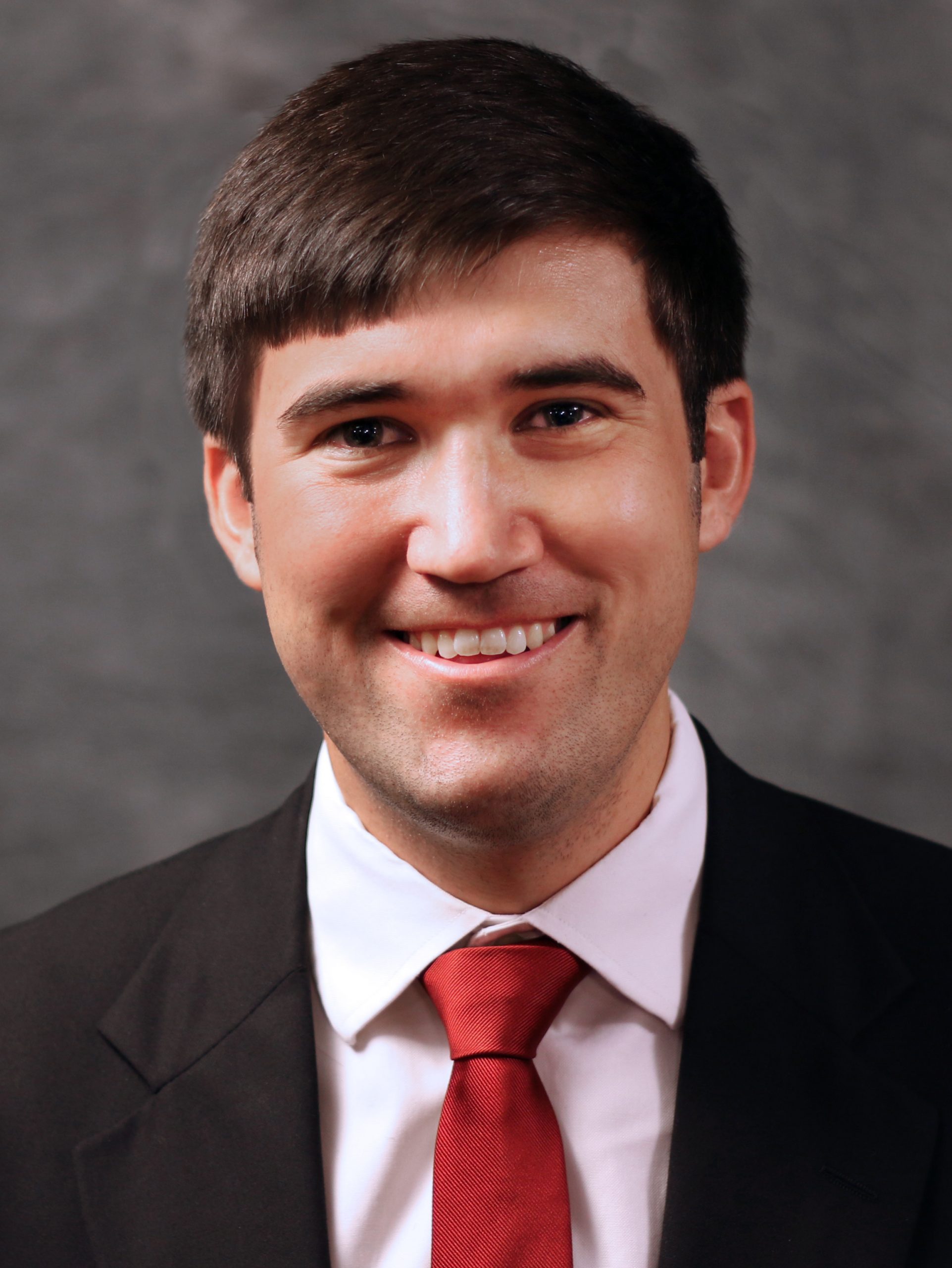Stadium Planners Move to Block City Vote
Last week, the Regional Convention and Sports Complex Authority (RSA) brought suit against Saint Louis City over an ordinance that requires a vote on city dollars going to a new stadium. The lawsuit’s proponents argue that the city’s ordinance is broad and vague, prevents the city from participating in planning and site preparation, and contradicts state statutes. In fact, the ordinance is doing precisely what it is designed to do: prevent the city from using every trick in the book to fund a new stadium without a vote.
The ordinance in question is Chapter 3.91 of the Revised Code of the City, which requires a vote on any public assistance for a professional sports stadium. Assistance is defined as:
. . . any City assistance of value, direct or indirect, whether or not channeled through an intermediary entity, including, but not limited to, tax reduction, exemption, credit, or guarantee against or deferral of increase; dedication of tax or other revenues; tax increment financing; issuance, authorization, or guarantee of bonds; purchase or procurement of land or site preparation; loans or loan guarantees; sale or donation or loan of any City resource or service; deferral, payment, assumption or guarantee of obligations, and all other forms of assistance of value.
Banning both direct and indirect assistance may seem broad, but cities too often spend large amounts of public dollars planning, and then publicizing, controversial projects. For example, Kansas City spent almost $2 million planning a streetcar expansion that was ultimately defeated at the ballot box.
Far from being vague and overly cautious, the ordinance’s language seems prescient, as the RSA plans to use just about everything the ordinance describes as assistance, including:
- Extension of the $6 million annual bonds that currently fund the Edward Jones Dome. How the dome, which is in need of expensive rehab regardless of what happens with the Rams, will be funded is anyone’s guess.
- Providing land, which presumably would be bought with public dollars. This would include the Bottle District, which is currently owned by Paul McKee’s Northside Redevelopment Project, to be redeveloped as a parking lot.
- Transportation Development Districts and Community Improvement Districts. These districts, of indeterminate size, would levy additional sales or property taxes. The larger the size of the district, the greater the revenue.
- Tax Increment Financing. Sales taxes, earnings taxes, and utility taxes that would otherwise have gone back to the city to fund regular services would instead pay for the new stadium.
It seems obvious the situation here is not that of a badly written ordinance restricting reasonable city planning, but rather an ordinance that blocks, and was designed to block, exactly what the RSA is trying to do: get city dollars for a stadium, no matter the source, without a public vote.


